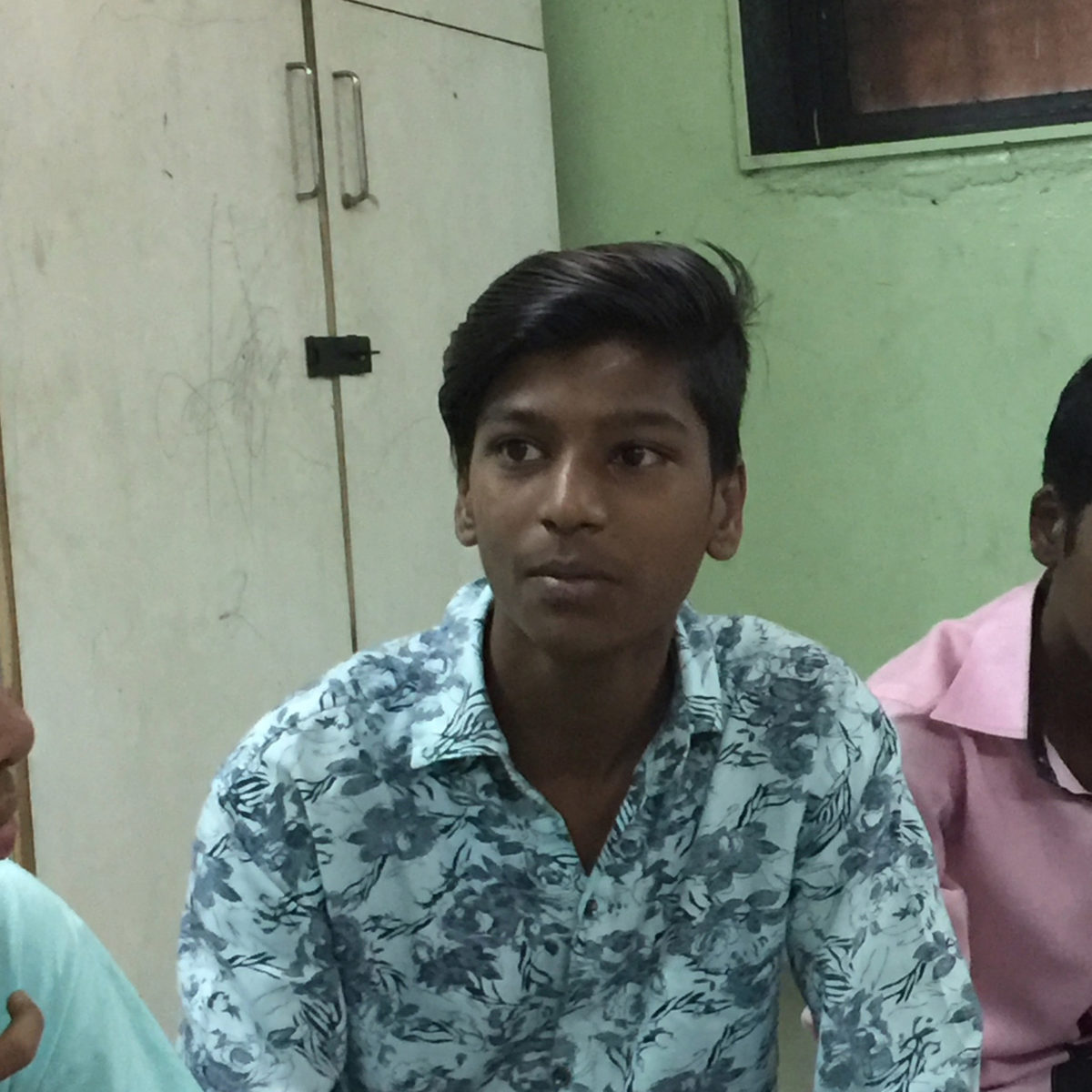
Blog
"Just like girls, boys too are fighting to be seen."
The Tyranny of Princes
By Kim Burnett, Shadhika President and CEO
July 1, 2018
Reading Time: 5 minutes
Our visit with Equal Community Foundation (ECF) in Pune has been sitting with me for days, challenging me to grow in my understanding. Challenging me to see our work in new ways.
This is the beginning of our second year working with ECF as part of our Boys for Girls initiative which focuses on working with boys and young men to teach them the skills they need to advance girls’ rights and gender equality.
Our support underwrites the cost of an after-school program that leads boys between 13-20 through three stages of development: from understanding and awareness of gender issues (“foundation”), to taking personal actions to address gender issues (“action”), to designing and implementing collective actions to address discrimination of women and girls in their communities (“leadership”).
On the day of our visit, we meet with young men and their families who are currently in the action and leadership stages. We first meet with their mothers, who enthusiastically share how this program has improved their relationship with their sons. They recount how their sons now help them with household chores like cooking, cleaning, fetching water, and going to the market.

Such actions may sound like a small things to an outsider, but in India, from the moment they are born, boys are seen as the future for their families, their success critical to the family’s success. As such, they are often doted upon by their elders, often treated like “princes” in their homes, absolved from chores entirely while their sisters and mothers bear the entire burden of the household.
We ask the mothers what their husbands think about their sons helping them with their domestic work. The mothers assert that their husbands approve of this change, but also share that their sons do not talk with their fathers about what they are learning at ECF, preferring to confide only in them. When pressed about why they tell us it is because of the continued fear the boys have of their fathers.
After the mothers leave, the session with the boys begins. At first, the session looks like any of the other student sessions I have observed in my work at Shadhika. A group of 20 boys, each in the varying, often awkward, stages of adolescence come into the community room and sit in a circle together on the mats on the floor. The session facilitator, or mentor as ECF calls them, asks them to recount the actions they have taken since their last session. Hands go up, sharing what they have done. Helping their mothers, playing with their sisters on the streets, stopping a friend who made a disrespectful comment about a girl.

The session continues with a story about a boy who wants to play with a doll. The mentor engages the boys in a discussion of this. “What rights does he have to be able to do this?” he asks. “He has the right to play,” says one. “He has the right to make his own choices,” offers another.
After a while, the boys brainstorm their plans to address the harassment of women they observe in their vegetable market. We discuss putting up posters against this behavior in the square, working with the police to enforce the issue, or taking videos to catch men engaged in the act. I suggest making a street play about this issue and performing it for everyone. The room grows silent and one of the boys quietly shakes his head, explaining why this won’t work, “No one listens to us, because we are little.”
I find myself overcome by sadness, the cumulation of the day overwhelming me. Suddenly aware of how trapped these “princes” are. At face value, they seem to have everything a girl wishes for – freedom, education, a voice. Yet is it really freedom if there is only one right answer? Only one way to behave and be in the world?
As I continue to process this visit three days later the stakes become clearer to me. Just like girls, they too are fighting to be seen. To be allowed the freedom to help with housework, to play with dolls, to be taken seriously, to escape from the constant and overwhelming burden of being the family’s sole hope for a better future.
When Shadhika started this journey two years ago to work with boys, we conceptualized this about helping boys and young men become allies for women and girls. And while this is surely an important part of this work, I am realizing, through these young men, it is so much more. At its core, it is about empowering the next generation of leaders to decide for themselves who they want to be and to meet and support each other equally in these tasks.
It’s about destroying the tyranny of princes for everyone.
Read more